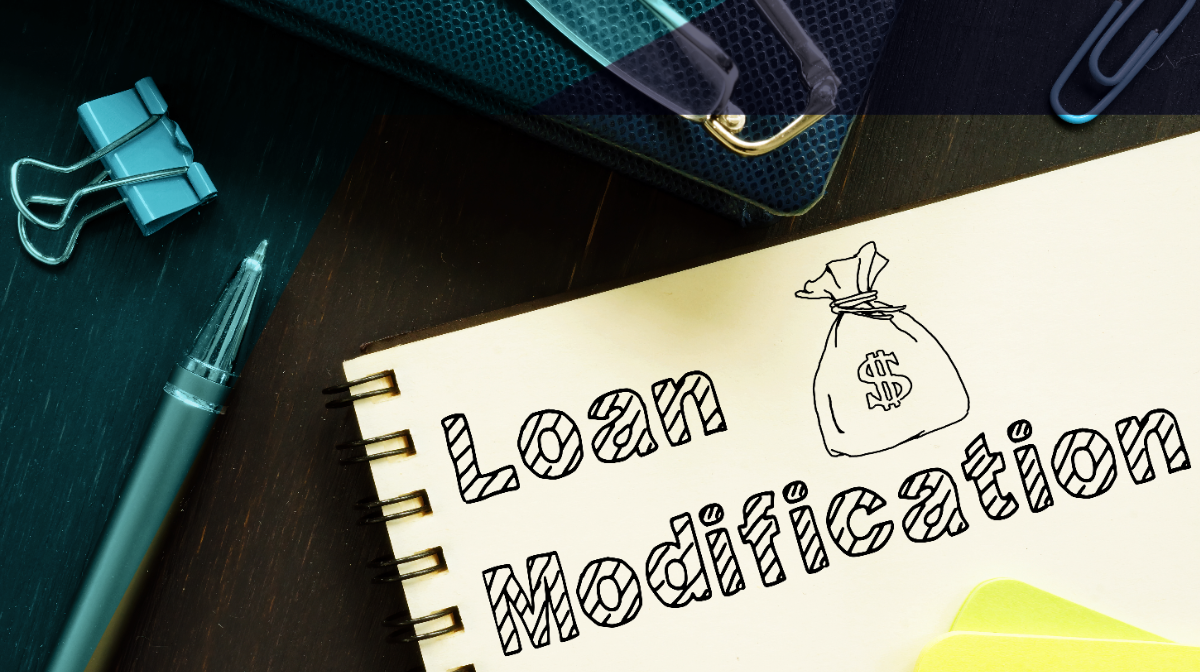When taking out a loan—whether for a car, home, or personal expenses—one of the most important factors to consider is the loan term. It doesn’t just determine how long you’ll be repaying the debt—it also plays a huge role in the total cost of credit over time.
What Are Loan Terms?
The loan term refers to the length of time you have to repay a loan in full. It is typically expressed in months or years, and it’s a key part of any loan agreement.
Common Loan Terms by Loan Type:
- Auto loans: 36 to 72 months
- Personal loans: 12 to 60 months
- Mortgage loans: 15, 20, or 30 years
- Student loans: 10 to 25 years
How Loan Terms Affect the Cost of Credit
Let’s explore the three main ways loan terms influence what you’ll pay in total:
1. Total Interest Paid
Longer loan terms generally result in more interest paid over the life of the loan—even if the monthly payments are lower. This is because you’re paying interest for a longer period.
Example:
Let’s say you borrow $20,000 at 6% interest.
| Loan Term | Monthly Payment | Total Interest Paid | Total Cost |
|---|---|---|---|
| 3 years (36 months) | $608.44 | $1,903.84 | $21,903.84 |
| 5 years (60 months) | $386.66 | $3,199.53 | $23,199.53 |
| 7 years (84 months) | $292.11 | $4,509.40 | $24,509.40 |
Conclusion: A 7-year loan adds over $2,600 more in interest than a 3-year loan!
2. Monthly Payment Amount
Shorter loan terms mean higher monthly payments, but less interest overall. Longer terms lower your monthly payment, but you pay more in the end.
- Short-term loans = High monthly cost, lower total cost.
- Long-term loans = Low monthly cost, higher total cost.
3. Risk of Becoming “Upside Down”
For items that depreciate (like cars), long loan terms increase the risk of owing more than the item is worth—especially early in the loan. This can be dangerous if you want to sell or refinance.
Pros and Cons of Short vs Long Loan Terms
✅ Pros of Shorter Terms:
- Lower total interest
- Faster debt payoff
- Builds equity faster (for auto/home loans)
- Better refinancing opportunities
❌ Cons of Shorter Terms:
- Higher monthly payments
- May strain monthly budget
- Less flexibility if income fluctuates
✅ Pros of Longer Terms:
- Lower monthly payments
- Easier to qualify with lower income
- May allow you to afford a more expensive purchase
❌ Cons of Longer Terms:
- Higher total interest
- Longer time in debt
- Higher risk of being upside down
- May pay more than item’s worth over time
🔍 Factors That Influence Loan Costs (Beyond Loan Term)
While the term length is key, it works alongside other factors to affect the total cost of credit:
1. Interest Rate
Higher rates increase total interest paid, regardless of term length.
2. Loan Amount
Larger loans naturally generate more interest over time.
3. Credit Score
A lower credit score usually means a higher interest rate, which can multiply costs over long terms.
4. Type of Interest
- Simple interest: Charged only on the principal balance.
- Compound interest: Interest is charged on interest (less common for loans).
💡 Tips for Choosing the Right Loan Term
Here’s how to make a smart decision about your loan term:
✅ 1. Consider Your Monthly Budget
Choose a monthly payment that is comfortable and sustainable, even if it means a slightly longer term.
✅ 2. Aim for the Shortest Term You Can Afford
This minimizes interest costs and gets you out of debt faster.
✅ 3. Shop Around for the Best Interest Rate
Even a 1% lower interest rate can save hundreds or thousands over the loan term.
✅ 4. Avoid Being Upside Down
Don’t stretch a car loan to 7 or 8 years for a vehicle that will rapidly lose value.
✅ 5. Factor in Total Cost of Ownership
For mortgages or car loans, consider insurance, maintenance, taxes, and fees when evaluating affordability.
🔄 Real-World Scenario: Auto Loan Comparison
Let’s say you’re buying a car for $30,000.
- Loan A: 3 years @ 5.5% → $905/month, total interest = $2,583
- Loan B: 6 years @ 7.0% → $510/month, total interest = $6,711
By choosing the 3-year loan, you save $4,128 in interest, even though the monthly payment is higher.
Psychological Effects of Loan Terms
The loan term also affects your financial behavior:
- Longer terms may feel easier but can encourage overspending.
- Shorter terms enforce discipline and help you avoid unnecessary purchases.
Also, being in debt for a long time may affect your mental health, especially if you feel like you’re not making progress.
Impact on Credit Score
The loan term itself doesn’t directly affect your credit score, but it can influence:
- Payment history (35% of your FICO score)
- Credit mix (installment loans improve variety)
- Length of credit history
Consistently making on-time payments—regardless of the term—will benefit your score.
Frequently Asked Questions (FAQ)
❓ What’s the best loan term for a car loan?
Best practice: Choose the shortest term you can afford—ideally 36 to 60 months. Avoid stretching it to 72+ months unless necessary.
❓ Is it better to have a longer loan with early payments?
Yes! If there’s no prepayment penalty, you can choose a longer term for flexibility but pay extra toward the principal. This lowers the total interest paid.
❓ Does a longer loan term hurt my credit score?
Not directly. But higher balances and longer debt exposure can affect your DTI (debt-to-income ratio), which matters for future credit applications.
❓ Can I refinance to change my loan term?
Yes, refinancing allows you to switch to a shorter or longer term—potentially reducing your interest rate or monthly payment.
❓ Do lenders charge more for longer terms?
Yes. Most lenders apply higher interest rates to longer terms to offset the greater risk and longer exposure to default.
Summary Table: Short-Term vs Long-Term Loans
| Feature | Short-Term Loan | Long-Term Loan |
|---|---|---|
| Monthly Payment | Higher | Lower |
| Total Interest Paid | Lower | Higher |
| Loan Cost | Less overall | More overall |
| Flexibility | Less | More |
| Time in Debt | Short | Long |
| Risk of Negative Equity | Lower | Higher |
Loan terms have a powerful impact on the total cost of borrowing. While longer terms may seem attractive due to lower monthly payments, they can cost you thousands more over time. When choosing a loan:
- Prioritize affordability and long-term financial health.
- Always compare offers and terms before committing.
- Try to choose the shortest loan term your budget can comfortably handle.




